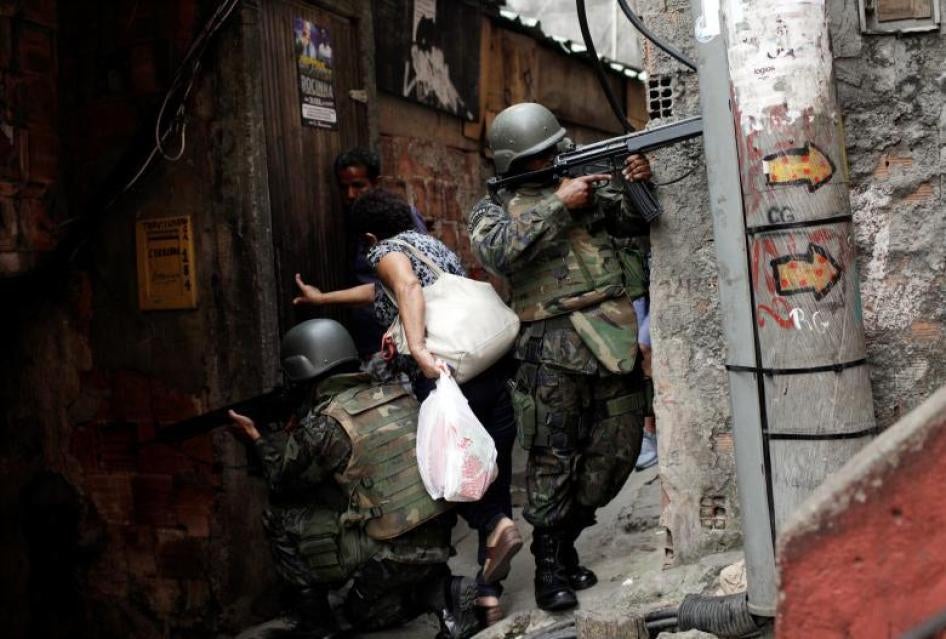Public security should be a main issue in the coming campaign for president of Brazil, which has one of the highest homicide rates in the world. But the debates around security should be anchored in facts and evidence, not wishful thinking. Members of the so-called “bullet caucus” in Congress –many of whom will presumably run for reelection– are pushing bills that would only make matters worse.
Many in Congress claim that harsher sentences will deter crime. But lengthening the time people spend in Brazil´s severely overcrowded violent prisons would be a Godsend for criminal gangs. Those gangs have turned prisons into prime recruiting grounds by offering incoming detainees the security that prison authorities cannot provide in return for an obligation to remain in the gang once released.
These same people claim that trying and sentencing 16- and 17-year-olds as adults will improve security. But they produce no proof to support that claim, while evidence from the United States shows that adolescents who are sent to the adult system are more likely to commit crimes after their release than those in the juvenile system.
What Congress should be doing instead is approving broad-ranging reforms that reduce the number of pretrial detainees, provide security to both adults and children in detention, and offer them educational and work opportunities to turn their lives around.
There is also a dismal lack of Congressional action in other areas of public security where Brazil desperately needs reform.
Impunity for police abuses undermines public security, but a bill to improve investigations of police killings has lingered in Brasília for years. What resident of a low-income community would inform police about criminals or be willing to testify in court when they see the police beat and execute people, or take money from criminals, with impunity.
Such abuses also put other police officers at risk of retaliation, on duty or off. And police officers who denounce their colleagues´ crimes are inviting deadly retaliation, several military police officers in Rio de Janeiro told me.
More than a decade after approval of Brazil´s anti-domestic violence legislation, the 2006 “Maria da Penha” law, implementation is still lagging. Specialized women’s police stations have insufficient staff, are mostly closed during evenings and on weekends, and remain concentrated in major cities. Our research shows that thousands of domestic violence complaints are not properly investigated, let alone prosecuted.
And even though much of the world now looks at drugs as a health issue, Brazil doggedly sticks to a retrograde “war-on-drugs” policy that is contributing to prison overcrowding, violence in the streets, and the strengthening of criminal gangs. Instead, Brazil should decriminalize possession of drugs for personal use and consider even deeper reforms.
Elections offer a prime opportunity to debate a country´s maladies. Brazilians should not be fooled by proposals that have failed for decades. They deserve a new public security policy based on facts.
*César Muñoz Acebes is the senior Brazil researcher at Human Rights Watch.









